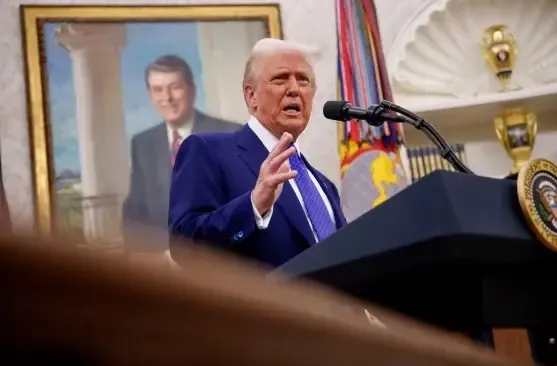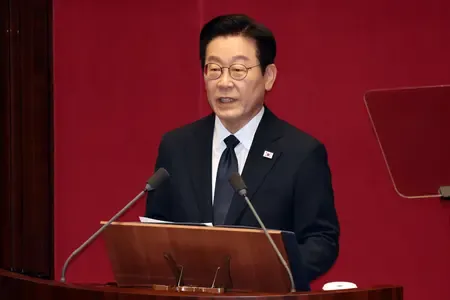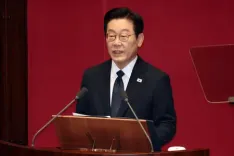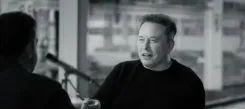Trump Reveals Strategy for 'Fair and Reciprocal' Tariffs Without Immediate Implementation

Synopsis
Key Takeaways
- Trump's plan focuses on fair and reciprocal tariffs.
- 180-day timeline set for tariff strategy development.
- Negotiations are possible before any new tariffs are imposed.
- Trump advocates for 'Make in America' initiative.
- Potential targets for tariffs include India, Japan, and the EU.
New York, Feb 14 (NationPress) President Donald Trump has introduced a strategy aimed at implementing "fair and reciprocal" tariffs on all nations, claiming they impose higher tariffs compared to those of the United States, yet he refrained from applying any tariffs immediately.
Trump did not finalize the new tariffs; instead, he released a memorandum on Thursday instructing his nominees, Howard Lutnick for Commerce Secretary and Jamieson Greer for international trade representative, to devise a tariff strategy for each country within a span of 180 days.
In addition to tariffs, they were tasked with evaluating government export subsidies and manipulated exchange rates that create advantages.
The 180-day timeframe allows room for negotiations among nations potentially impacted by the upcoming tariffs.
While issuing the memorandum, Trump stated, "In almost all cases, they're charging us vastly more than we charge them but those days are over."
"I've decided, for purposes of fairness, that I will charge a reciprocal tariff, meaning whatever countries charge the United States of America," he declared.
Promoting his 'Make in America' initiative, Trump noted that if manufacturing returns to the US, those companies would not encounter tariffs.
The reciprocal tariff plan memo was shared just hours before Trump's meeting with visiting Prime Minister Narendra Modi, a subject likely to arise during their discussions.
Trump's trade and manufacturing advisor, Peter Navarro, signaled that India, alongside Japan and the European Union, may be potential targets for proposed new tariffs.
Recently, India lowered tariffs on heavy motorcycles, a significant concern for Trump, as well as certain agricultural products from the US.
Trump aims to address budget shortfalls, particularly due to tax cut proposals, by implementing higher tariffs.
Up to this point, Trump has enacted only one set of the various tariffs he has announced: an additional 10 percent on Chinese imports beyond existing duties. A 25 percent tariff on steel and aluminum imports announced this week, along with 25 percent tariffs on imports from Canada and Mexico that Trump postponed, won't take effect until the first week of March.
His nominee for the Office of Management and Budget, Russell Vought, has been assigned to prepare a report detailing the fiscal implications of the new tariffs.
Trump hinted at imposing further duties on automobiles, semiconductors, and pharmaceuticals in addition to the reciprocal tariffs, which are expected to be disclosed later.










